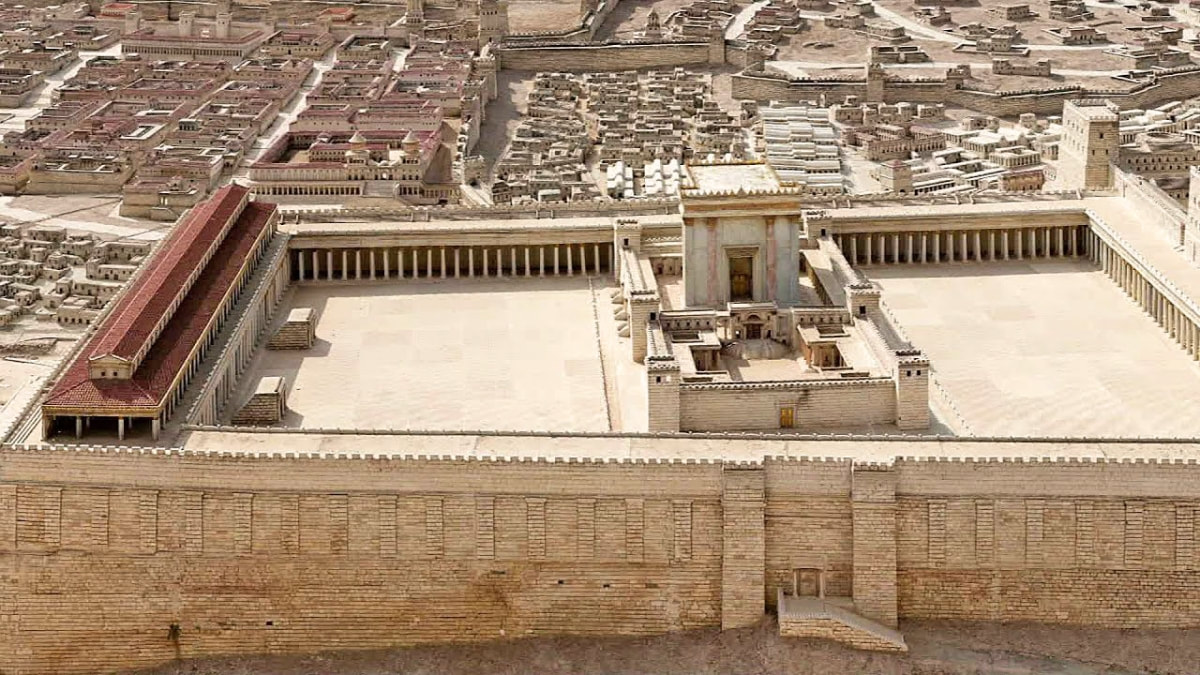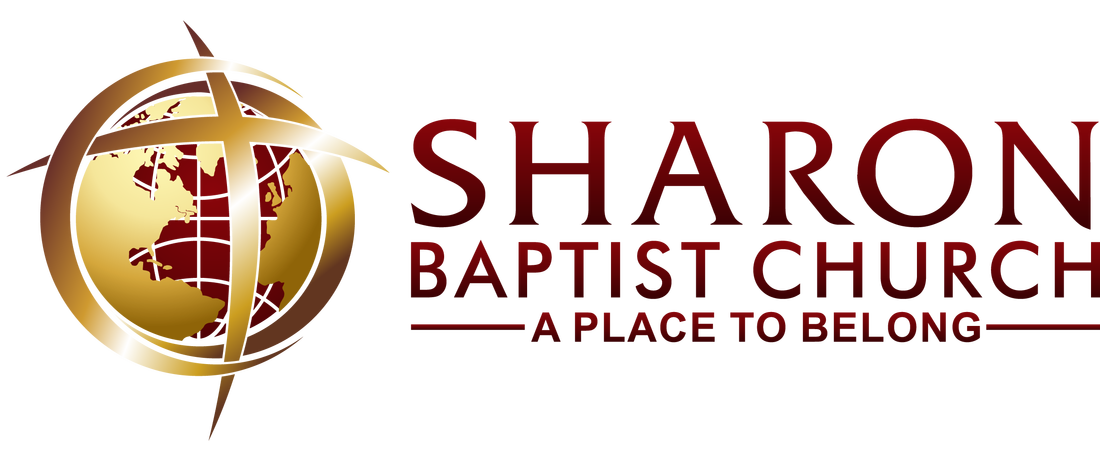|
As we continue to look at what the Word of God has to say about the local church, I would like us to consider Acts chapter 20 and verse 28. In this particular chapter, Paul is speaking to a specific group of people (the Ephesian elders). Paul is on his way to Jerusalem and though he does not know exactly what will take place when he arrives there, he does understand that the Holy Spirit has been warning him that he will be bound and arrested (Acts 20:23; Acts 21:11).
The Scriptures really give us a strong indication that Paul may have thought this was the end of His time here upon this earth (Acts 21:13; II Timothy 4:6). It is for this reason that this particular verse is so weighty. Oftentimes people in their last days communicate the most important subjects. Our Lord Jesus Christ for instance, before He ascended back to the Father, gave to the disciples the ‘Great Commission’ in its five facets. Notwithstanding, Paul was very diligent not only to see people saved and local churches planted, he consistently cared for these fledgling New Testament churches as well as the individuals in these local assemblies. We read in the book of Acts and the epistles that Paul visited and wrote to these assemblies and individuals and wherever possible physically visited and met with them face to face. Paul understood the importance and need for the care of the flock. Against that background we can now proceed to look at this verse in greater detail. The Bible says: “Take heed therefore unto yourselves, and to all the flock, over the which the Holy Ghost hath made you overseers, to feed the church of God, which he hath purchased with his own blood. For I know this, that after my departing shall grievous wolves enter in among you, not sparing the flock. Also of your own selves shall men arise, speaking perverse things, to draw away disciples after them. Therefore watch, and remember, that by the space of three years I ceased not to warn every one night and day with tears.” (Acts 20:28-31) Paul in this verse makes 3 statements of specific duties for these under-shepherds along with two statements of fact that we would do well to understand. The first specific duty for the pastor is to attend to his own spiritual wellbeing. Paul, by the inspiration of the Holy Spirit, makes clear with strong language that they are to “Take heed…” to their own spiritual welfare. Certainly, we understand that a pastor must have a vibrate fellowship with the Lord Jesus Christ. But notice secondly, the pastor is to attend to the spiritual wellbeing of all the flock. Who is the flock? The flock are the saved members of a local church. In this case, it was those that were in Ephesus and the areas surrounding Ephesus (Acts 20:17). This presents a problem indeed for those who will not assemble to the church house. How is a pastor to gauge and attend to the spiritual wellbeing of individuals who are not presently active with the local church? Does live stream meet this need? (Can individuals ‘bear one another’s burdens’ who are not engaged in corporate prayer? Can individuals participate in the evangelistic activities of the local church if they are not there? Can individuals interact with their local brothers and sisters in Christ if they are not there? Can individuals vote or participate in the mission's program or any number of business matters of the local church if they are not there?) Someone may be able to do some of these things by phone, by visiting others and by their own individual efforts. The likelihood of this taking place outside of the local assembly is improbable and most likely doomed to fail because it is attempted individually. Notice that Paul presents the first of two fact statements coupled with this injunction. He states, “…over the which the Holy Ghost hath made you overseers…” Ponder the weight of that responsibility. Our Almighty God has specifically and providentially chosen these men for this task and therefore will hold them accountable. Let us continue and see the third specific duty for the pastor. The verse goes on to state that the pastor is to “…feed the church of God…” This denotes the duty of the pastor to attend to the spiritual nourishment of all the flock. We understand from the Word of God, that “…Man shall not live by bread alone, but by every word that proceedeth out of the mouth of God.” (Matthew 4:4) We also understand that Jesus Christ Himself is the Bread of life. (John 6:48 – We must never think that all we need our Savior for is the moment of Salvation… ‘the day I got saved’... but He is and always will be the Bread of life.) Because of this, the corporate worship of our God and Savior Jesus Christ has a vital role in the life of a Christian. Think about how the service of the local church is structured. We sing together about our wonderful God, praising Him for who He is and what He has said. We pray together to our wonderful God, speaking to Him enjoined together as one body of believers. We give of our tithes and offerings as an act of submission to our wonderful God and Savior corporately. We listen together to His Holy Word as we desire to here from and be instructed by Him. We humbly come to an altar in a physical and spiritual act of submission sacrificing ourselves which is our reasonable service (Romans 12:1,2). All of this is led by the pastor because of the injunction to “…feed the church of God…” These are not just things we do to check off a box of attendance, but are a purposeful and integral part of the Christian’s life. I would like to close by mentioning the second fact statement that should move us greatly. It is simply this: this local church called Sharon Baptist Church in the town of Hampton, VA has been purchased by our Lord Jesus Christ with His blood. This was mentioned by Paul because of the importance in the caretaking of this local body. The all-encompassing motivation in our lives is the love of our God and Savior Jesus Christ. We are of great value because of the price that He paid. The local assembling of believers for the corporate worship of Him is vital and important because He has made it important by the price that He paid for us. Praise the Lord for His graciousness to us! - Pastor James, Associate Pastor, Sharon Baptist Church
0 Comments
Many times, when we consider church attendance one main verse comes to mine (Hebrews 10:25 "Not forsaking the assembling of ourselves together, as the manner of some is; but exhorting one another: and so much the more, as ye see the day approaching."). That familiar verse has been spoken about often and because of this we may think this is the only verse in the Bible that speaks about our gathering together as a local body of believers: church.
We have come to a period of time in history where many are forsaking the house of God, and because of this they are missing out on God’s best for their lives. (And yes, when I say forsaking, I am speaking about those who choose not to personally individually physically gather with other believers at a specific time for a specific purpose. The definition for a local church necessarily calls for us to be gathered together, not in a virtual sense, but in a physical sense. The building is not necessary, but God’s people being together is necessary.) Over the next few weeks I would like to discuss some verses from the Word of God that speak to this all-important subject. It is my desire, that you would see how God places emphasis on His people coming together to worship Him and be equipped for His work. I would like us to first consider the following verse out of the book of Psalms. Psalm 84:4 states, “Blessed are they that dwell in thy house: they will be still praising thee. Selah.” The inscription to this Psalm (Psalm 84) reads, “To the chief Musician upon Gittih, A Psalm for the sons of Korah.” Although the meaning of the word 'Gittih' is up for debate, we immediately understand that the sons of Korah were Levites. Their sacred responsibility was to minister in God’s house. In this case, this was a hymn written for them (the sons of Korah). The Levites had the great privilege of ministering not only in the Tabernacle, but the Temple as well. This was the place where God designated for His people, the nation of Israel, to meet with Him. In verse 2 of this same Psalm, the psalmist expresses His yearning to be in the courts of the LORD. He cries out, (v2)“My soul longeth, yea, even fainteth for the courts of the LORD: my heart and my flesh crieth out for the living God.” It is surely a sad state that we have come to when His people do not long to be gathered together and come to His house. The writer of this psalm well understood what a privilege it was in his day to be involved in the worship of God. However, let us turn our attention back to the aforementioned verse. I want you to key in on the first word in verse 4. The Bible says, “Blessed are they dwell in thy house…” From this we discover, that there is a peculiar and special blessing attached with being in God’s house. Many will exclaim, “I am blessed,” when asked how they are doing. But I want you to notice that those who do not come to the house of God cannot claim this blessing. What is the blessing? Well notice the rest of the verse, the Bible states, “…they will be still praising thee. Selah.” (The word 'Selah' means 'to meditate', or 'stop and consider'. In this we understand that the psalmist is wanting to provide emphasis on this section.) How many Christians today run on empty when it comes to praising God? They find themselves in a place where they have lost the joy of their Salvation. They discover that they have lost the joy of the Christian life. Why? Because they have forsaken God’s house. Let me encourage you today, to attend to your spiritual needs with great emphasis and come dwell in His house. - Pastor James, Associate Pastor, Sharon Baptist Church |
Sharon Baptist church is an independent, fundamental Baptist church located in Hampton, VA.
Archives
November 2023
Categories
All

Showing People the Way to God - Personal Evangelism $3 plus Shipping |




 RSS Feed
RSS Feed
